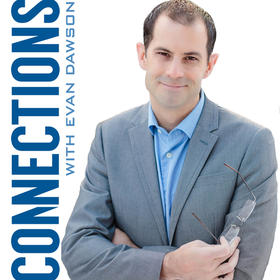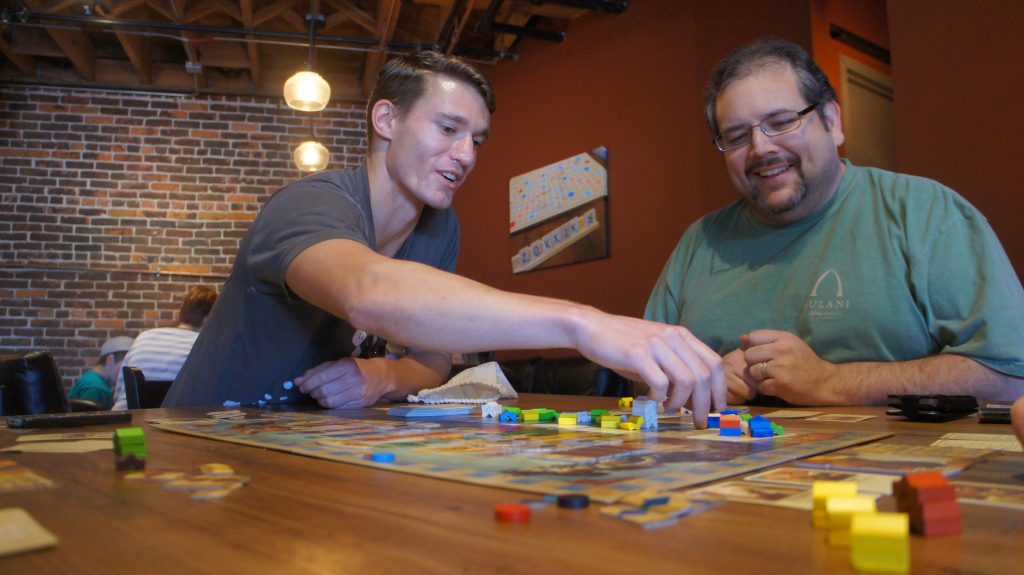Take Sigfried Gold, the subject of a recent article in The Washington Post. He’s a thoughtful, articulate man who lives in Takoma Park, Md., and turned 50 yesterday. He is passionate about philosophy and long ago decided that there was no stuff in the universe that was not physical — no supernatural, no divine.
But he also smoked too much, and more than anything else he ate too much. He was worried that his weight — a good 100 pounds of excess fat — would kill him. So he joined a 12-step program to control his food addiction. One of the steps is to turn your problem over to a higher power. So Mr. Gold created a god he doesn’t believe exists: a large African-American lesbian with an Afro that reached the edges of the universe. (Those who find this ridiculous, if not offensive, should read “The Shack,” by William P. Young, in which the Holy Trinity is a black housekeeper, a Hebrew handyman and a mystical Asian gardener with windblown hair. “The Shack” was a runaway New York Times best seller.)
Every day Mr. Gold dropped to his knees to pray, and every day he spent 30 minutes in meditative quiet time. These days Mr. Gold, who calls himself a “born-again atheist,” doesn’t smoke. He doesn’t drink. And, at 5 feet 7 inches, he weighs 150 pounds.
So is there a downside? Should we all drop to our knees and pray? In general, I have to admit I’m impressed with the evidence. But it’s also true that while I was doing research on evangelical spirituality, there were times when people got so engrossed with prayer that they seemed almost addicted — so compelled to pray that they could not stop. Some called this “puking” prayer.
I was most struck by the dangers of prayer when people got deeply involved with spiritual warfare. Any Christian who treats the Bible as true in all it affirms needs to take demons seriously. In the Gospels, Jesus spends a lot of time confronting them. Many evangelicals conclude that humans live in a supernatural battlefield in which prayer attacks demons like a stun gun.
There are, indeed, evangelical organizations that teach people (often young people) how to identify and destroy demons. I met one young woman after she came back from one of those summer camps. She returned to college with a sense of purpose, and would pray intensely for hours. She would walk into a restaurant and sense an immaterial, sulfurous evil and feel that she had to pray powerfully against it. It was as though the world were drenched in darkness that no one else could see.
Soon, she found herself crying while praying; she felt God’s love so deeply that she wept with the grief of being human. But this intense need to pray also began to frighten her. “It is so crazy,” she told me. “It’s like we’re addicted.”
Eventually, she stopped. It was just too exhausting. Some weeks later, she remarked: “It’s so strange. You get into that zone, and you know that the students around you think about things completely differently, and you really do wonder whether you are crazy.”
Whom does this intense imaginative immersion put at risk, and when? A study of the popular Internet game World of Warcraft suggests an intriguing answer.
World of Warcraft creates a landscape of craggy mountains, wastelands and castles, villages full of orcs and elves. Players create avatars who enter this world and interact with other avatars and fight monsters. It’s like finding yourself in “Lord of the Rings” and discovering that it’s your job to kill the huge venom-dripping spider that stands between you and your quest. At its peak, in 2010, there were more than 12 million players. (About half of all American adults play video games, and about one in five play almost every day or more.)
The anthropologist Jeffrey G. Snodgrass and his colleagues set out to study this complex social world. They found people who were relaxed and soothed by their play: “Sometimes I just log on late at night and go out by myself and listen to the soothing music.” Others felt addicted: “Once I start playing it’s hard to tell whether or not I’ll have the willpower to stop.”
What made the difference was whether people found their primary sense of self inside the game or in the world. When play seemed more important than the real world did, they felt addicted; when it enhanced their experience of reality outside the game, they felt soothed.
Prayer works in similar ways. When people use prayer to enhance their real-word selves, they feel good. When it disconnects them from the everyday, as it did for the student, they feel bad.
The imagination is a double-edged sword. It is, from a secular perspective, at the heart of what makes Mr. Gold’s god sufficiently real that he treats it as more than himself. But the capacity to make something real is not the same as the capacity to make it good or useful. That’s a caveat to bear in mind for any kind of prayerful life.
T. M. Luhrmann, a professor of anthropology at Stanford and the author of “When God Talks Back: Understanding the American Evangelical Relationship With God,” is a guest columnist.











